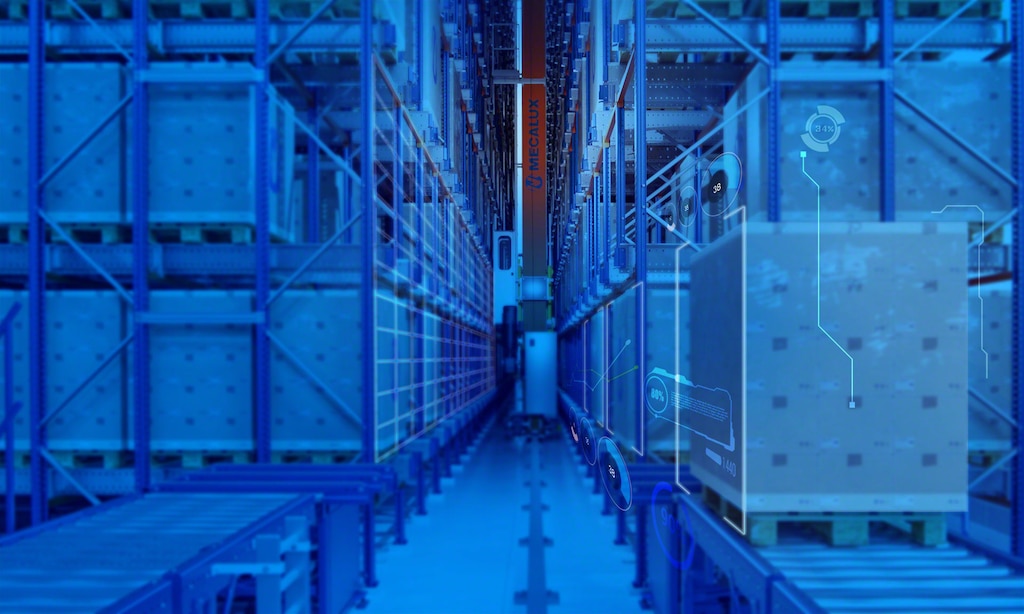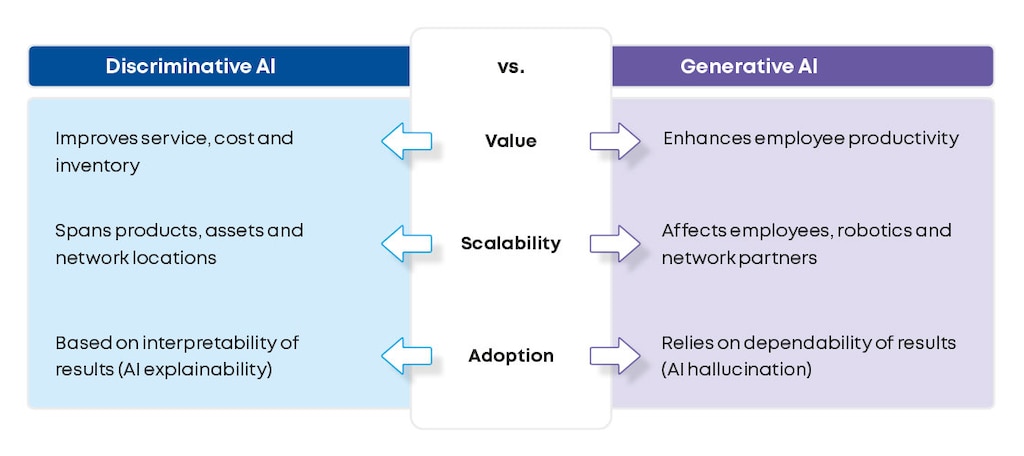
A total of 77% of executives agree that generative artificial intelligence (GenAI) is the emerging technology with the greatest potential to boost productivity and enhance collaboration. This insight comes from KPMG’s report Generative AI in supply chain: A path to better returns. The consulting firm found that over half of executives surveyed prioritize operations as the main area for adoption, identifying opportunities in customer service, manufacturing, and inventory management.
Value, scalability, and adoption remain key success criteria for generative artificial intelligence (GenAI), which leverages deep learning models to understand and generate new content. Experts highlight that generative pre-trained transformers (GPTs) can raise productivity in the logistics sector by responding to shipping inquiries and facilitating interactions between customers, carriers, and 3PL providers. Similarly, generative adversarial networks (GANs) have the potential to create synthetic data to train robots, improving their ability to handle packages with greater precision in warehouses.
AI: Generative vs. discriminative
Discriminative, or traditional, AI offers benefits such as more accurate demand forecasting, which often reduces the time needed for inventory management. Meanwhile, GenAI can drive employee productivity, an opinion shared by 73% of executives.

Impact of different AI technologies on the supply chain
As AI adoption expands across industries, KPMG has identified three common use cases aimed at increasing productivity in supply chain management:
- Collaboration with partners. GenAI can help employees scale their ability to handle shipment inquiries and exceptions for each partner through chatbots.
- Operational excellence and improvements. This technology supports continuous improvement by recommending best practices for various processes via an AI assistant.
- Product and inventory assessment. Teams can analyze each item and its location with GenAI-powered inventory assessment agents, making inspections easier while preventing quality issues and inefficient turnover.
GenAI marks a paradigm shift from traditional AI. Therefore, KPMG emphasizes the need for a value-based approach when making critical investment decisions regarding AI implementation in the supply chain.
